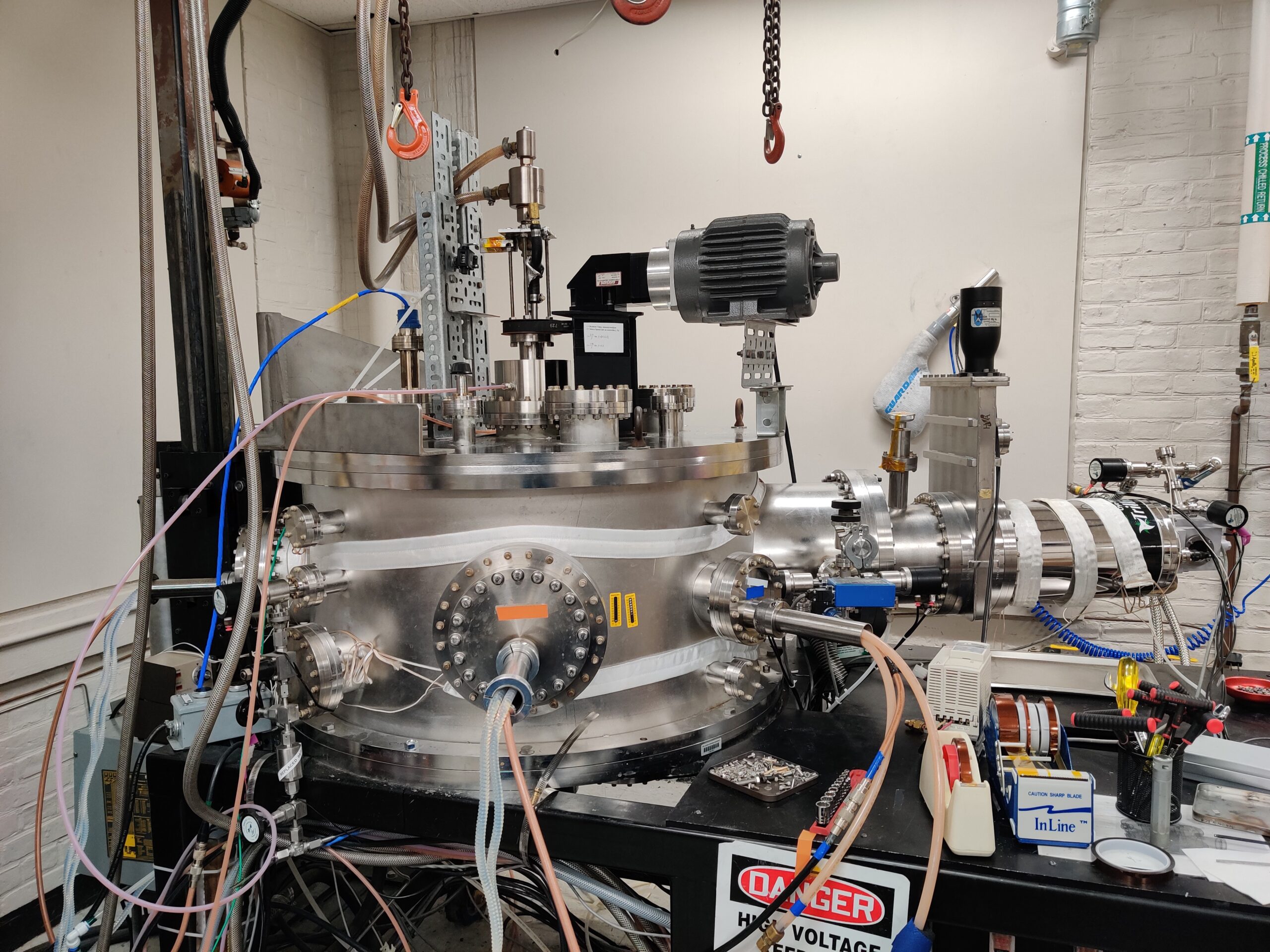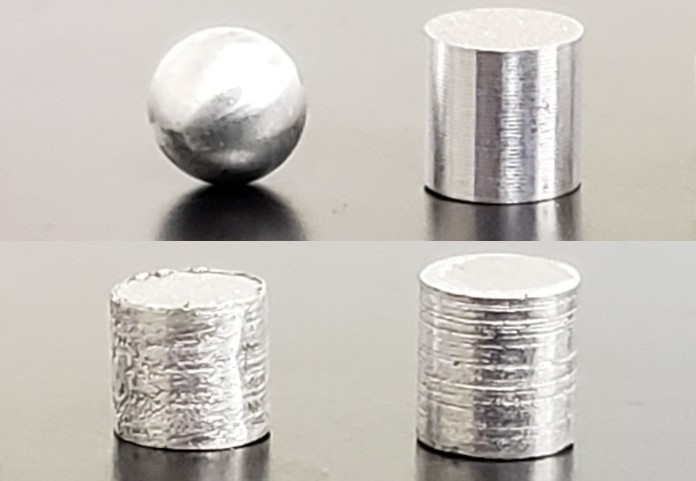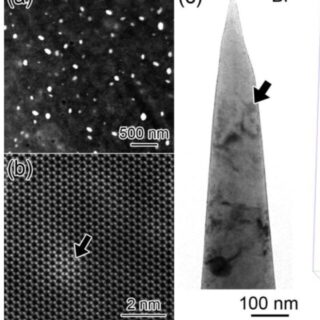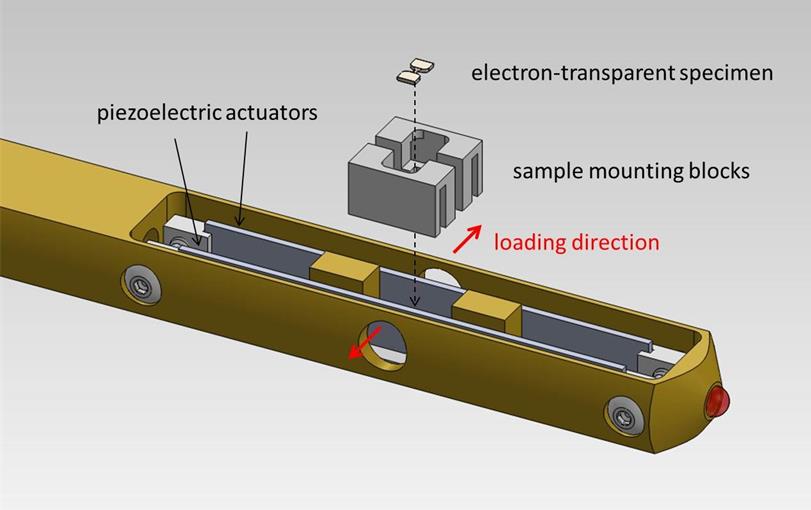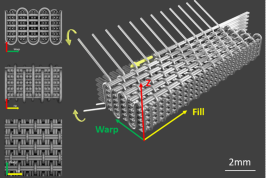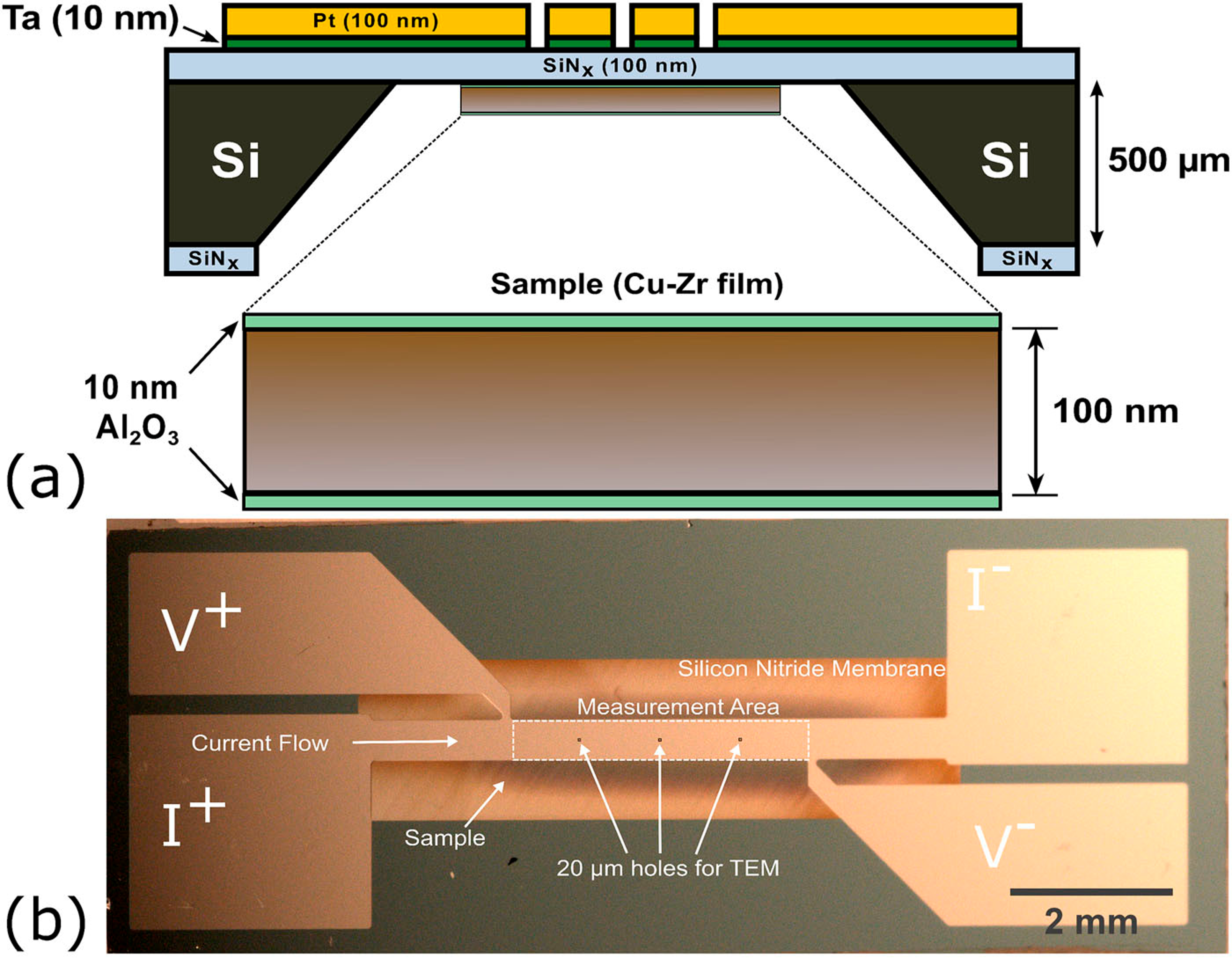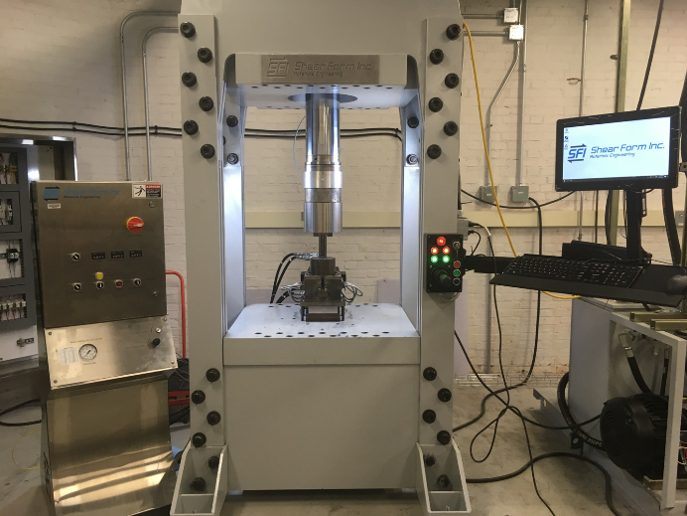Overview
This project focuses on creating materials consisting of at least four elements through magnetron sputtering. We are interested in understanding how mechanical properties like strength and ductility vary with changes to compositions and expanding the material space for structural applications.
The development of lightweight metal alloys is pivotal for enhancing public welfare and national defense, facilitating the production of materials that offer superior strength without adding excessive weight. From applications in vehicles and protective gear to space exploration, these alloys play a critical role in various domains. This project aims to revolutionize the manufacturing processes of such alloys by delving into the fundamental understanding of atomic structures and their response to extreme conditions.
This DoD project studies very high strain rate mechanical testing of Mg alloys with concurrent electron microscopy. The current approach aims to utilize high-performance piezoelectric actuators to load a thinned sample at strain rates from 102 - 104 s-1.
This project studies the architectural and microstructural optimization of 3D woven structural materials. To develop novel structural materials in a far more rapid and efficient manner, we employ topological optimization methods to predict ideal material architectures and novel textile processing to fabricate those architectures. The designed and manufactured 3D woven materials possess superior permeability, stiffness, damping, and heat transfer properties.
This DoD project investigates and characterizes the microstructural evolution of magnesium alloys exposed to high temperatures and severe plastic deformation. We explore the effects of thermomechanical processing parameters on the microstructural evolution of magnesium, and mechanical testing is being performed to assess the impact of microstructure on mechanical behavior at various strain rates.

